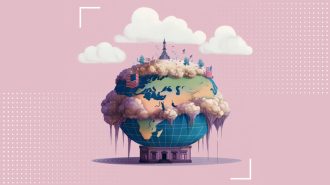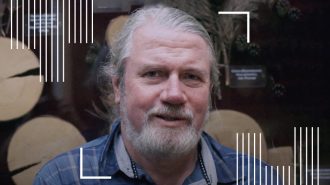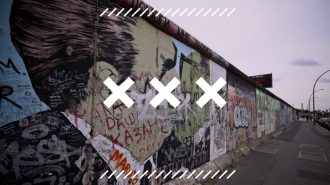As of 30 November, Russian scientists will no longer have access to the facilities of the European Organisation for Nuclear Research. This is not the only scientific instrument to which access has been closed due to Russia's invasion of Ukraine. T-invariant takes the example of the European XFEL free electron laser to understand what this means for science and what scientists who have lost access to this state-of-the-art research method are doing.
Sanctions
In the spring of 2022, major publishers of scientific periodicals stopped collaborating with Russian organizations. In response, the Russian authorities initiated a “white list” of publications in which publication would be the basis for grant reporting. About 500 journals recently disappeared from the list - and returned with a recommendation to refrain from paying for open access in journals of the publishing house Elsevier, which announced that payments would be sent to support Ukraine. Scientists who do not follow this advice risk facing criminal charges article about treason.
The Joint Institute for Nuclear Research in Dubna and the European Organization for Nuclear Research may sever official relations as early as this week.
What is the extent of ideologization of education in Russia? Why will it be impossible to carry out lustration in the field of education? What awaits researchers in Russia and Ukraine after the war? What are the prospects for economic reforms in Ukraine? T-invariant spoke with Sergei Guriev, Provost of Sciences Po University in Paris.
The military-industrial complex is one of the dirtiest industries in terms of its impact on climate and the environment, even in peacetime. It is especially harmful to the planet during active combat operations. Why was Russia not excluded from the global climate process after February 24, 2022? Climate policy experts Marianna Poberezhskaya and Olga Dobrovidova explain.
A quota set by the Czech government for the reception of Russian and Belarusian dissidents is not even half used during the year. Czech analysts suggest ways to improve the program's efficiency, arguing that the new scholars and journalists are valuable to the country and will help restore democracy after Eastern European dictatorships.
Breaking international ties with Russian scientists will lead to results directly opposite to those hoped for by Ukrainian scientists who called for such a boycott in their open letter, says Alexei Oskolski, a member of the Coordinating Council of T-invariant.
Ukrainian scientists have appealed to the international community to boycott their Russian colleagues. However, such a boycott conflicts with a number of important legal and ethical principles, and in practical terms may do more harm than good in countering Russian aggression.









